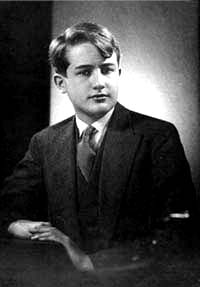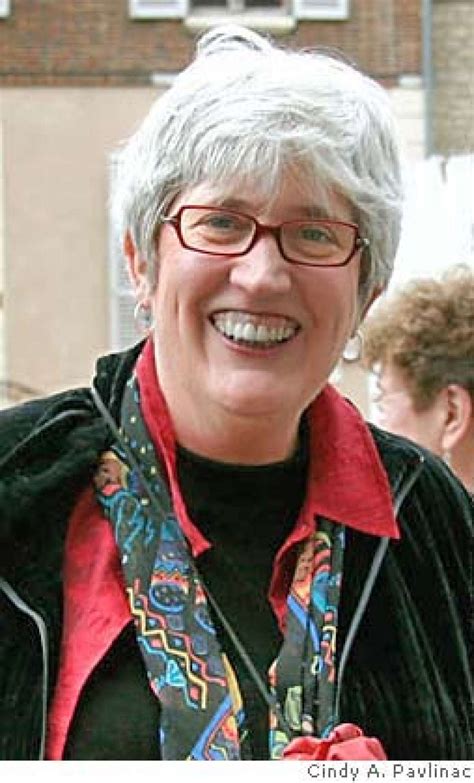A Quote by Nicolas Gomez Davila
The unbeliever imagines that religion pretends to offer answers, while the believer knows that the only promise it makes is to multiply questions.
Related Quotes
Indeed, the only truly serious questions are ones that even a child can formulate. Only the most naive of questions are truly serious. They are the questions with no answers. A question with no answer is a barrier that cannot be breached. In other words, it is questions with no answers that set the limit of human possibilities, describe the boundaries of human existence.
Politicians will promise some pretty ridiculous things. They will promise a chicken in every pot. They'll promise that they'll keep Social Security solvent. They'll promise drugs for old people. They'll promise lots of stuff. But it doesn't come near the kind of promises that religion makes. The Mormons promise that if you're good while you're on Earth, you get to rule over your own planet in the afterlife. Now, there's an entitlement that goes a little bit beyond prescription drugs for old people.
If you are starving and young and in search of answers as to why your life is so difficult, fundamentalism can be alluring. We know this for a fact because former members of Boko Haram have admitted it: They offer impressionable young people money and the promise of food, while the group's mentors twist their minds with fanaticism.
There are four types of men in this world: 1. The man who knows, and knows that he knows; he is wise, so consult him. 2. The man who knows, but doesn't know that he knows; help him not forget what he knows. 3. The man who knows not, and knows that he knows not; teach him. 4. Finally, there is the man who knows not but pretends that he knows; he is a fool, so avoid him.





































